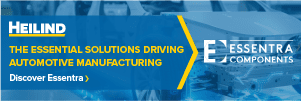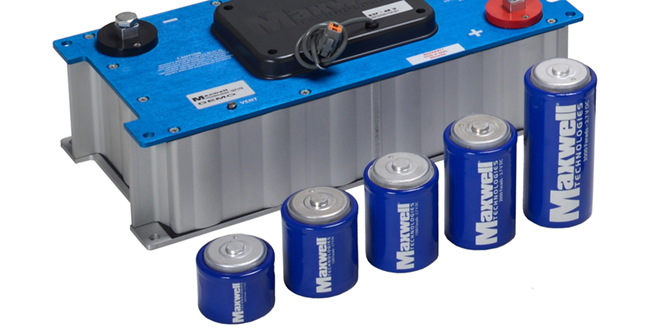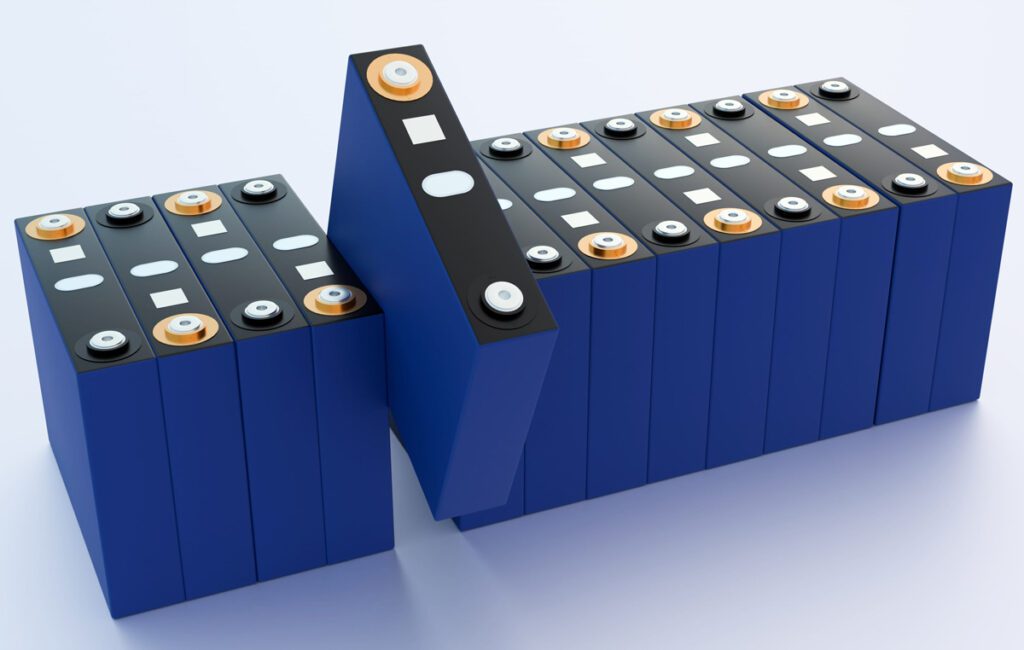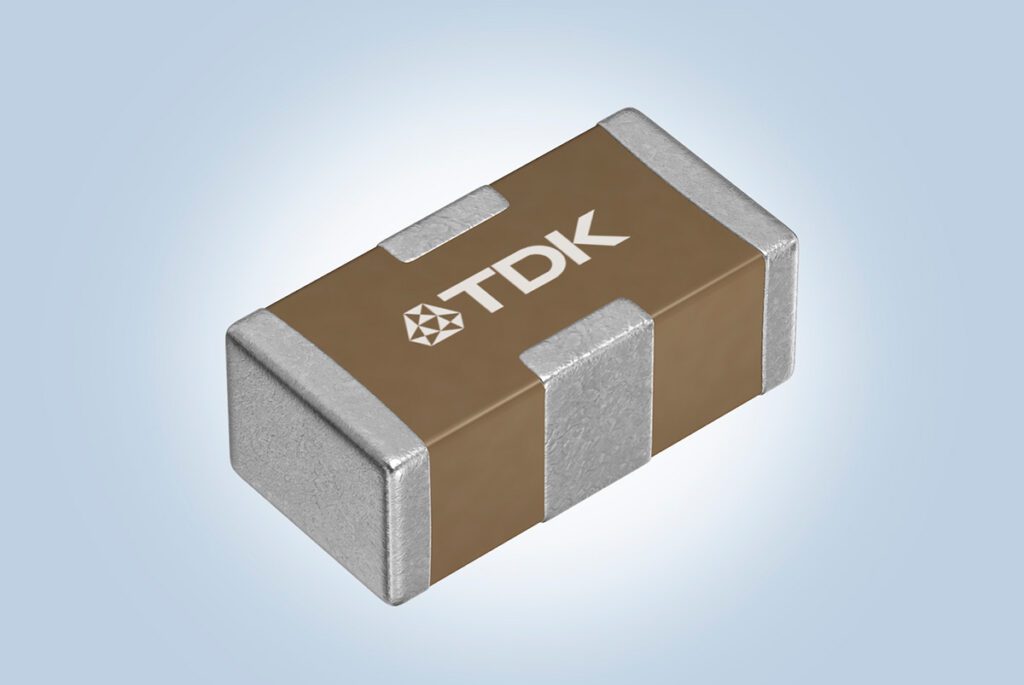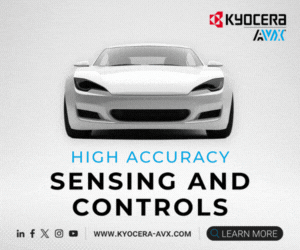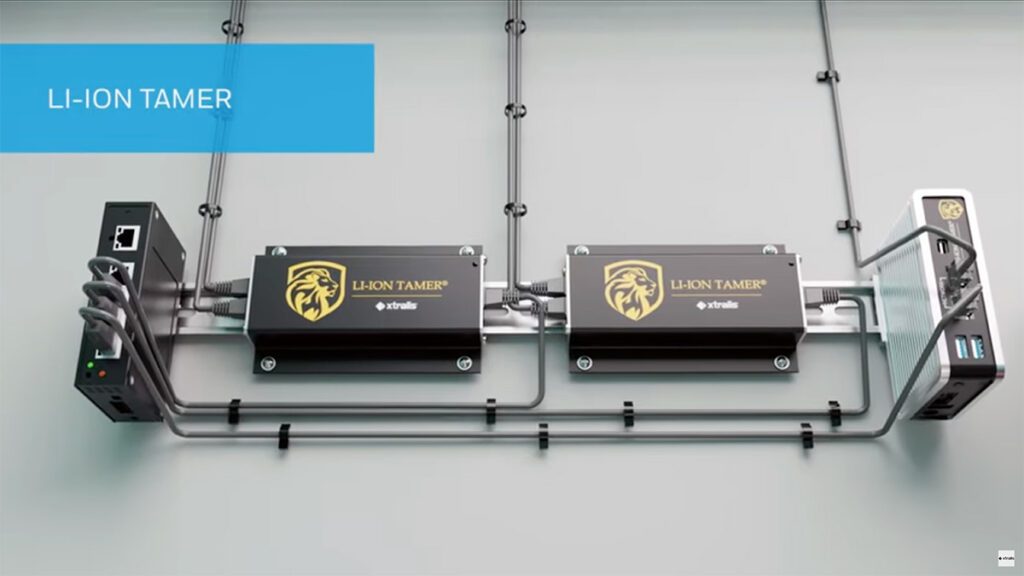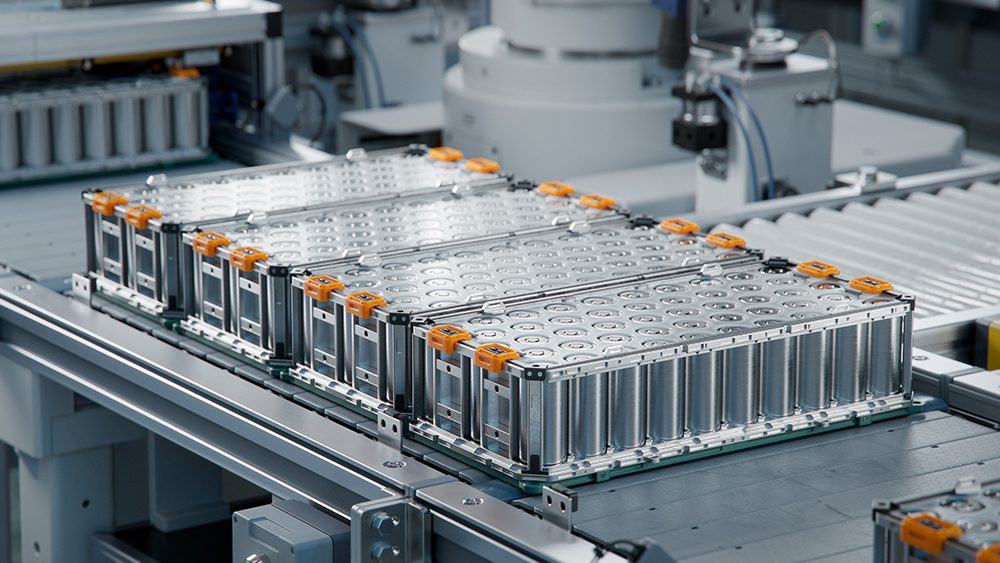Electrification is quietly sneaking into “conventional” vehicles, as more models incorporate stop/start technology. Navigant Research predicts that 54% of new vehicles worldwide will have stop/start capability by 2022.
Different automakers are applying stop/start in very different ways. For energy storage, a stop/start system may use Li-ion batteries, advanced-glass-mat (AGM) lead-acid batteries, ultracapacitors (UCs), or some combination thereof.
UCs seem like a natural fit for stop/start systems because of their ability to cycle repeatedly, store high amounts of energy and deliver power in short bursts. Unlike batteries, which work by way of a chemical reaction, ultracaps store energy directly as electricity, so they can charge and discharge quickly. Ultracaps can last more than a million charge-and-discharge cycles, work reliably across a wide temperature range and are more environmentally friendly than batteries, says Mikael Setterberg, an engineer at San Diego-based Maxwell Technologies, a leading supplier of ultracaps.
Ultracaps have long been more expensive than the alternatives, but the technology’s advantages are hard to ignore, and the price gap is narrower when you look at lifetime costs. “We’ll meet the [AGM] cost if you look at it on a system level,” Setterberg told WardsAuto (via GreenCarReports). “When you have a sub-par energy-storage solution, you have to spend a lot on making workarounds in the system.”
RELATED: Maxwell and SK to jointly develop ultracap/battery combo
Systems that use lead-acid batteries must bypass the stop/start function under some loads, avoiding battery wear but reducing the potential fuel-economy gain. “When the temperature goes down, they won’t use stop/start, or if the charge is low they won’t turn the car off,” Setterberg says. “One automaker has up to 200 factors for when the stop/start system is deactivated. The automakers advertise a 5% fuel-economy increase, but if you look over three years, the battery is degrading and performance goes to zero, so it’s really about half that.”
Ted Miller, a Senior Manager at Ford, agrees current stop/start systems are falling short of expectations. “I think Maxwell has it exactly right,” he said. “We start off with a pretty good dynamic-charge acceptance…but what we found is it did deteriorate quickly – within days, or certainly within weeks.
Even the Advanced Lead-Acid Battery Consortium is talking about developing an “Ultrabattery,” which would incorporate a carbon supercapacitor electrode to extend battery life.
Source: WardsAuto via GreenCarReports






